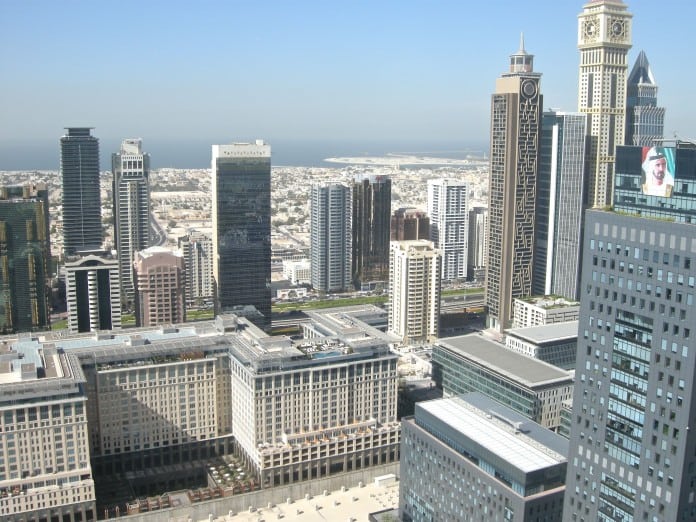
The growth of Asian economies is fuelling the importance of Asian financial centers such as Hong Kong, Singapore, and Tokyo. Although Dubai and Abu Dhabi saw modest declines this year, cities in the Middle East and Africa region are slowly growing as some of the top global financial centers, a new report shows.
Published today by Z/Yen Group, the Global Financial Centers Index (GFCI) is a ranking of competitiveness, based on 29,000 assessments of financial centers around the world. It uses an online questionnaire, along with more than 100 indices from various organizations, including the Organization for Economic Co-operation and Development, the World Bank, and the Economist Intelligence Unit. Researchers assess features in five key areas – business environment, people, market access, infrastructure and general competitiveness. Out of 82 cities in the 2015’s Index, Dubai has been ranked 23rd best performing financial center in the world with a score of 688. However, this is down 6 positions, from last year 17th place, when it jumped 12 places and to the overall rating of 694.
Here are the top global financial centers in 2015:
- Riyad
- Doha
- Dubai
- Abu Dhabi
Abu Dhabi has also fallen – 7 places down to 26 and a rating of 685. But it has improved its performance in the business environment area of competitiveness. Dubai, on the other hand has gained 11 points in the area of financial sector development. Saudi Arabia’s Riyad is the top ranked city in the Middle East and it has jumped 7 places from last year. Doha is up 2 positions to No.20. The most positive reviews about Dubai’s competitiveness is from North America and from other Middle Eastern countries, but probably the city’s decline is due to the fact that Western Europe, which is the largest respondent group, this year is less favorable to Dubai than the mean.
The researchers point out that when it comes to investing, reputation is more important that the reality. That is why, for instance, cities with a small number of assessments such as Riyadh (144), Vancouver (219), Tel Aviv (173), and Melbourne (172), have been ranked relatively high in the Index. In these cities, there are also the largest standard deviations of assessments.
































